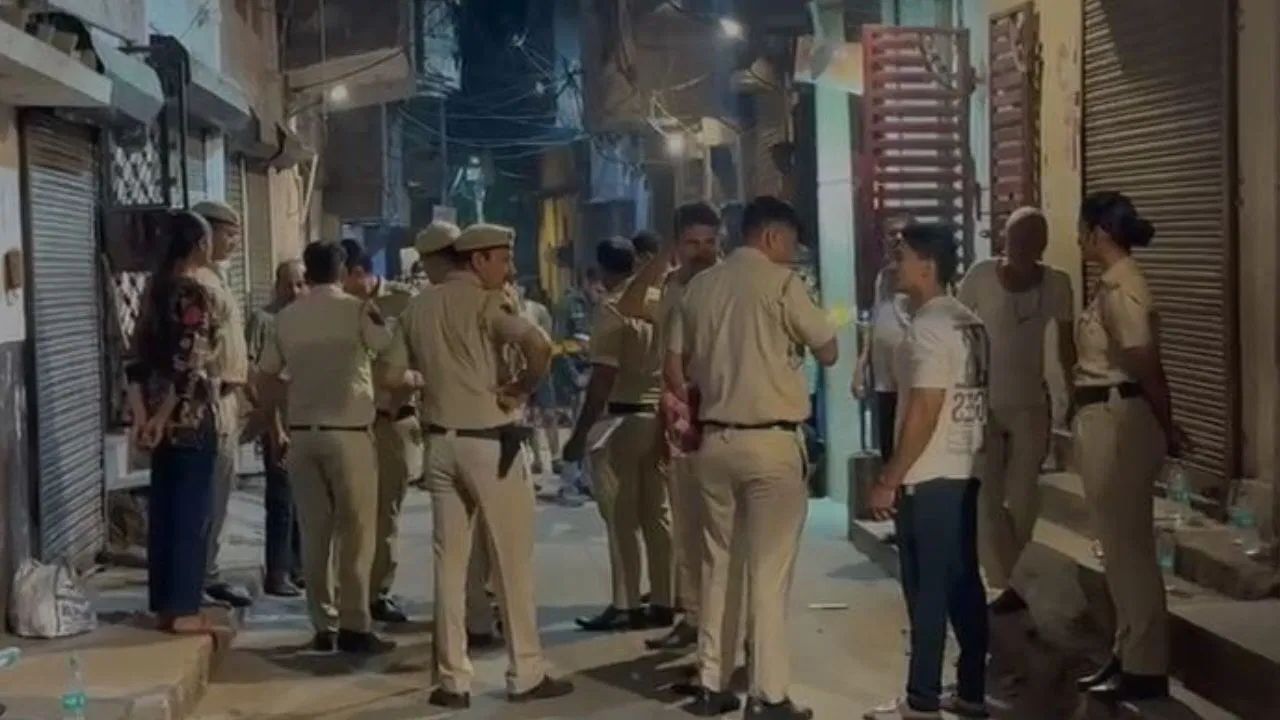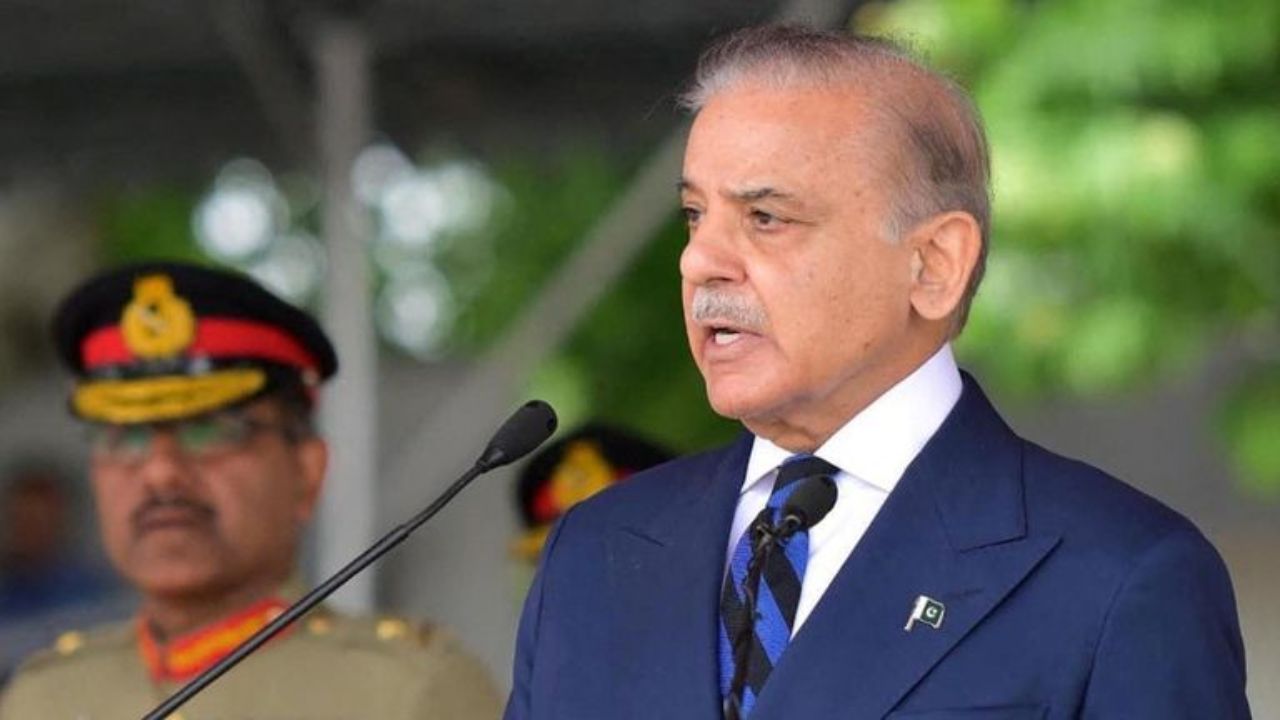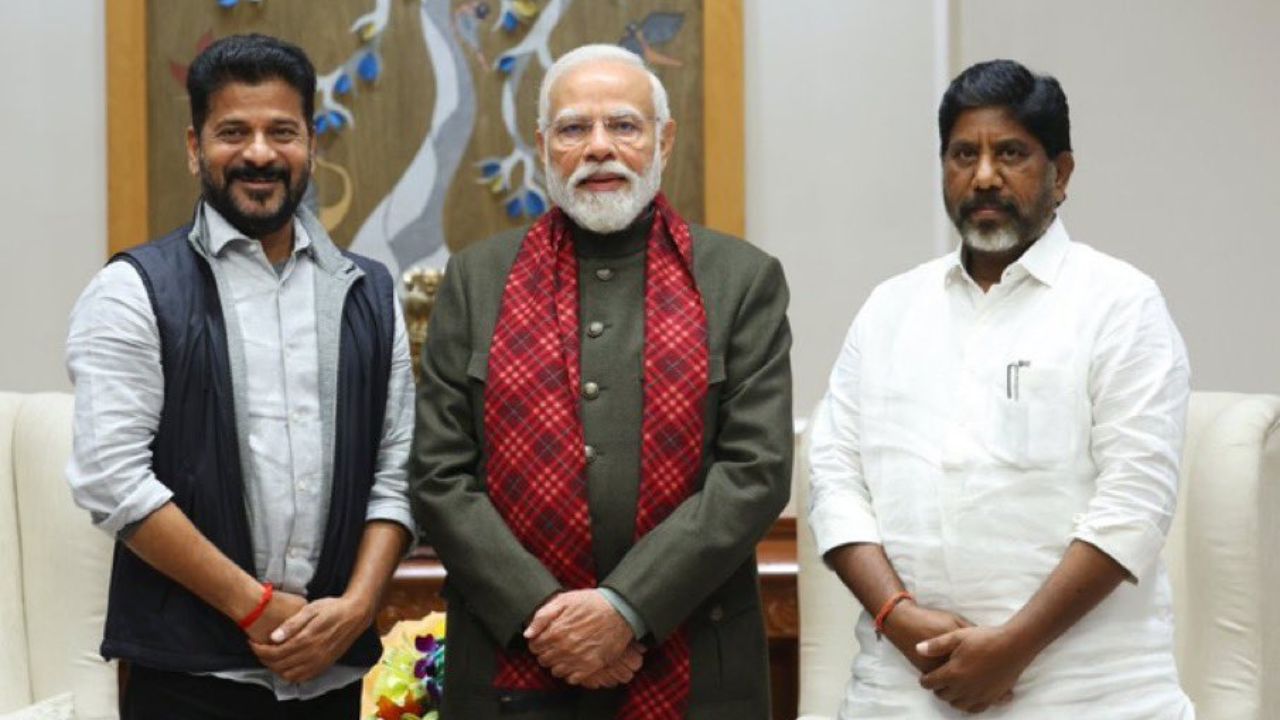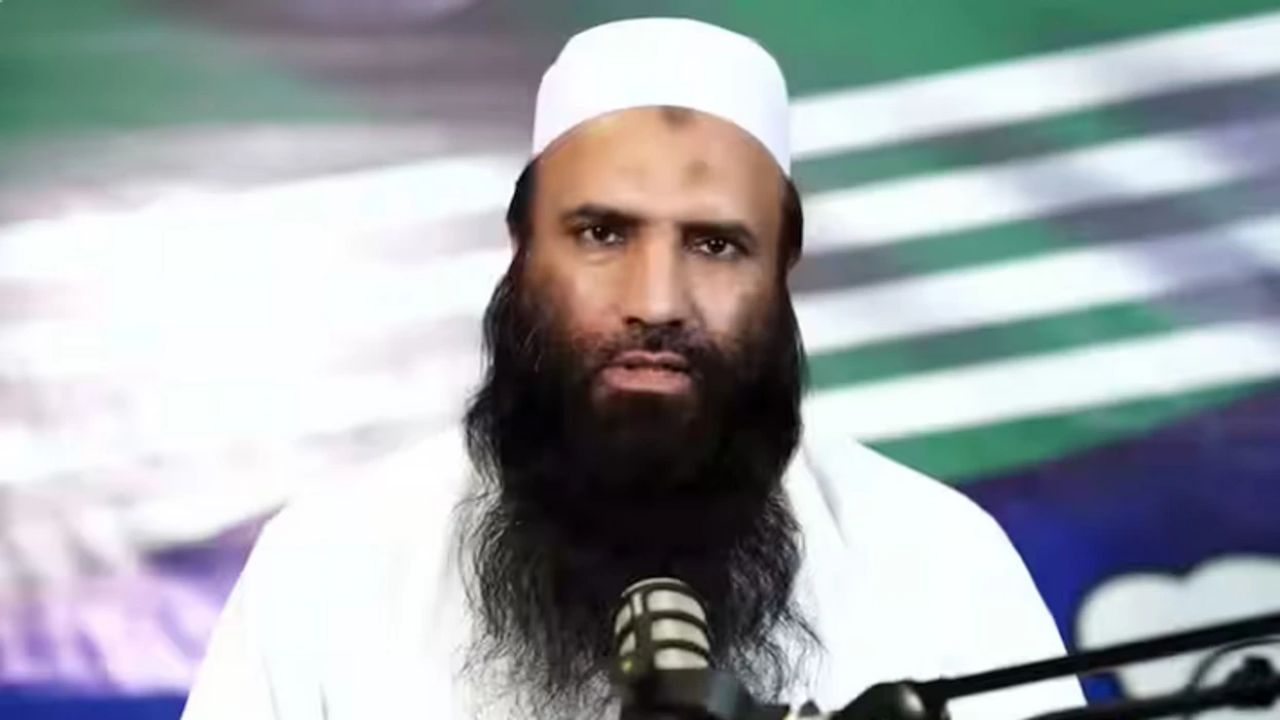BJP and Congress in a heated dispute over renewed violence in Manipur
The political battle over the violence in Manipur escalated further as both the BJP and Congress continued to point fingers at each other, with the BJP accusing the Congress of politicizing the issue and the
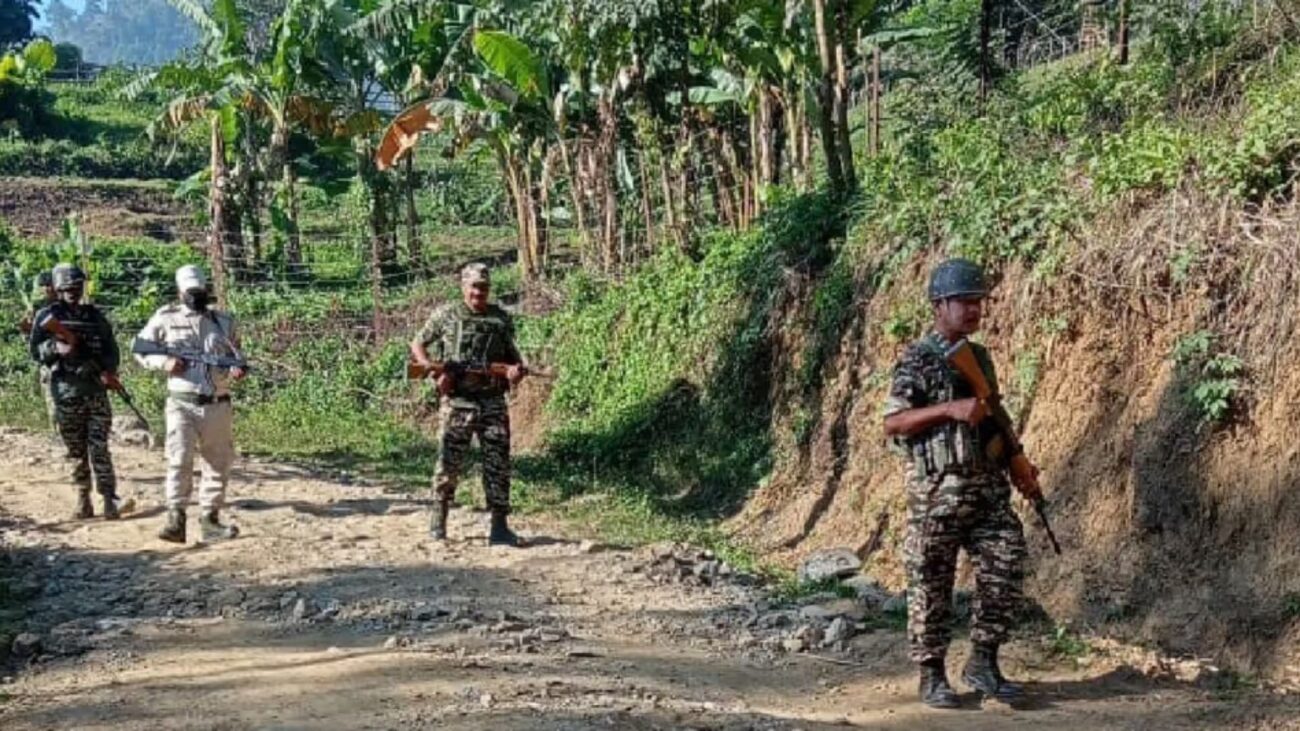
The political battle over the violence in Manipur escalated further as both the BJP and Congress continued to point fingers at each other, with the BJP accusing the Congress of politicizing the issue and the Congress reiterating its demand for presidential intervention.
BJP President JP Nadda’s comments came after Congress leader Mallikarjun Kharge wrote a letter to President Droupadi Murmu calling for action against the central and state governments for their failure to restore peace. In his response, Nadda criticized Congress for attempting to sensationalize the situation in Manipur, accusing them of spreading false narratives for political gains. He also expressed disbelief at Congress’s hypocrisy, given its history of handling conflicts in the region.
Nadda’s sharpest criticism was directed at Congress’s handling of Manipur during its rule, referencing the violent events of the 1990s, when thousands of lives were lost, and the 2011 blockade that lasted over four months. According to Nadda, the Congress government’s inability to address local issues set the stage for the current unrest. He also called out Congress for allegedly ignoring the problem of illegal migration and foreign militants entering India, which, he claimed, further exacerbated tensions in the region.
The BJP chief juxtaposed the Congress government’s past failures with the achievements of the Modi-led government, which, according to him, had successfully improved the situation in the Northeast. He cited the government’s efforts in economic development, security, and education, as well as peace agreements that had helped bring the region closer together. Nadda pointed to the significant reduction in multidimensional poverty in Manipur as evidence of the government’s positive impact.
On the other hand, Mallikarjun Kharge’s letter to President Murmu painted a grim picture of the ongoing crisis in Manipur. Kharge stated that the violence, which has already claimed over 300 lives, has displaced nearly 100,000 people, forcing them into relief camps. He accused both the state and central governments of neglecting their duties to restore order and provide relief to the affected populations. Kharge’s call for presidential intervention came as he expressed grave concerns about the government’s inaction over the past 18 months, during which the violence had continued to escalate.
Kharge’s letter to the President painted a disturbing image of the situation in Manipur, describing how the violence had left a large portion of the population homeless and suffering. He criticized the ongoing law and order issues and urged that decisive action be taken to restore peace in the region. As tensions continue to rise, both political parties remain locked in a bitter exchange, with no immediate resolution in sight for the crisis that has already caused immense loss and suffering.


